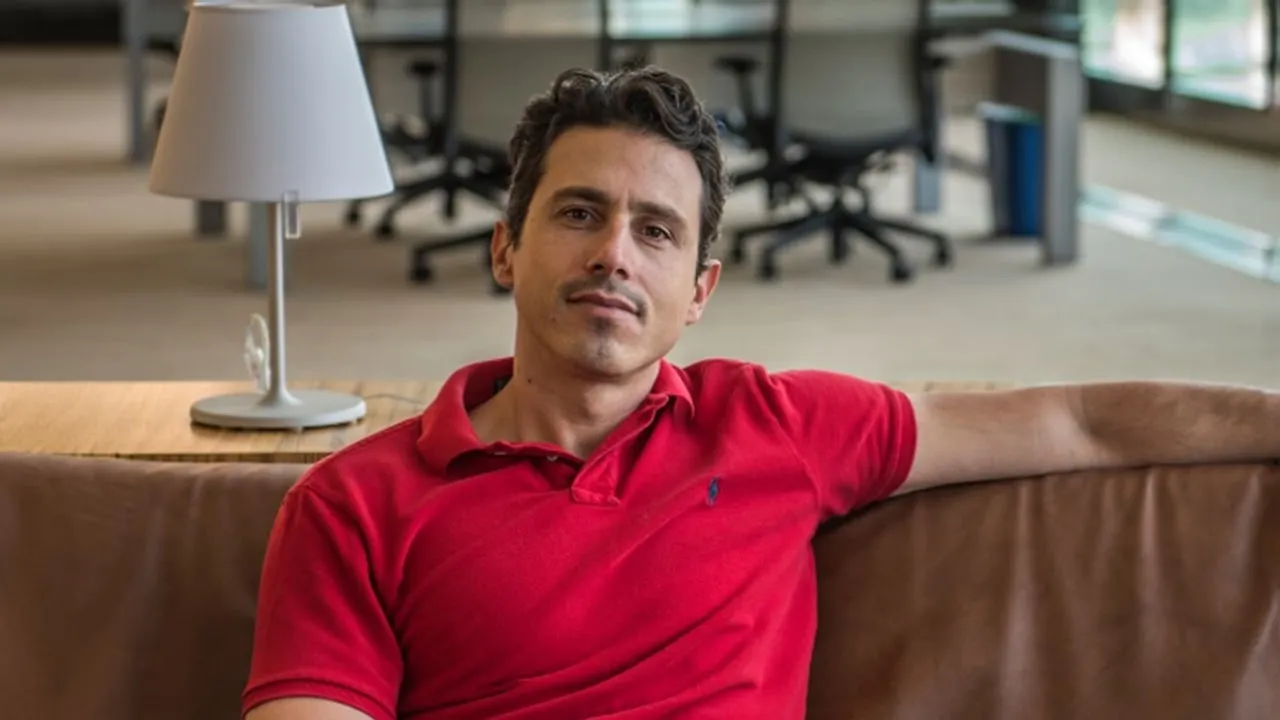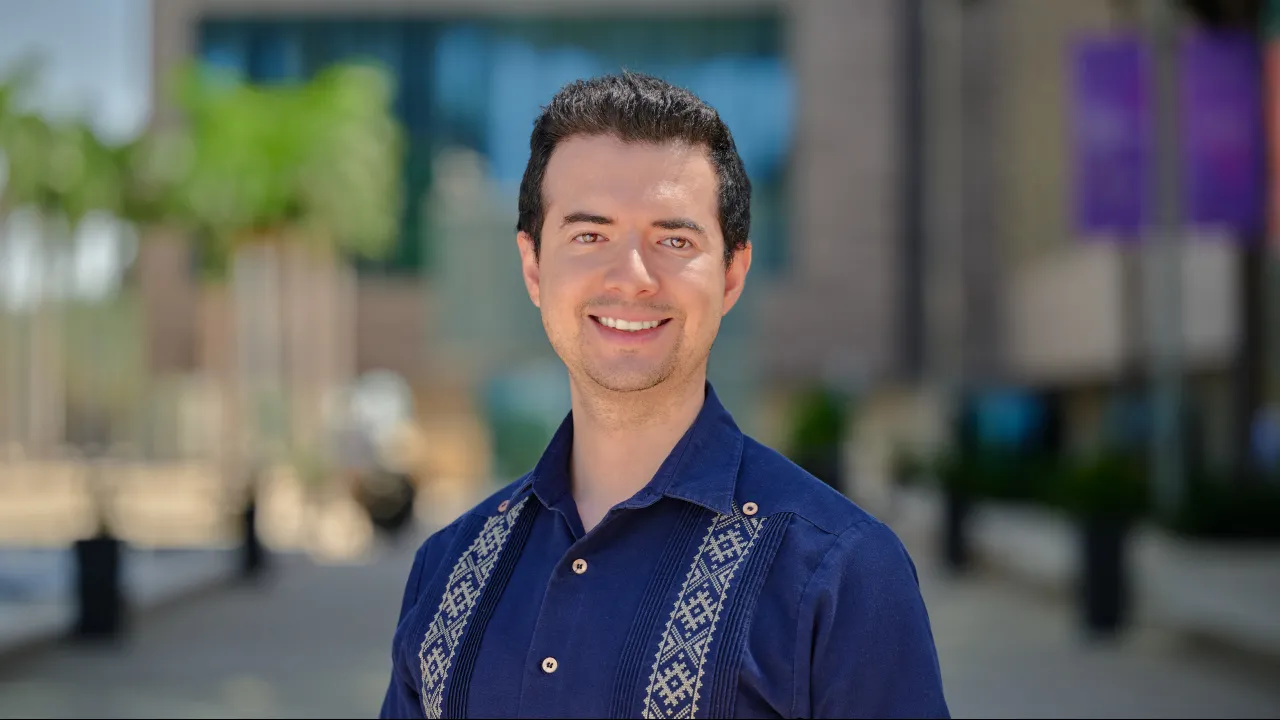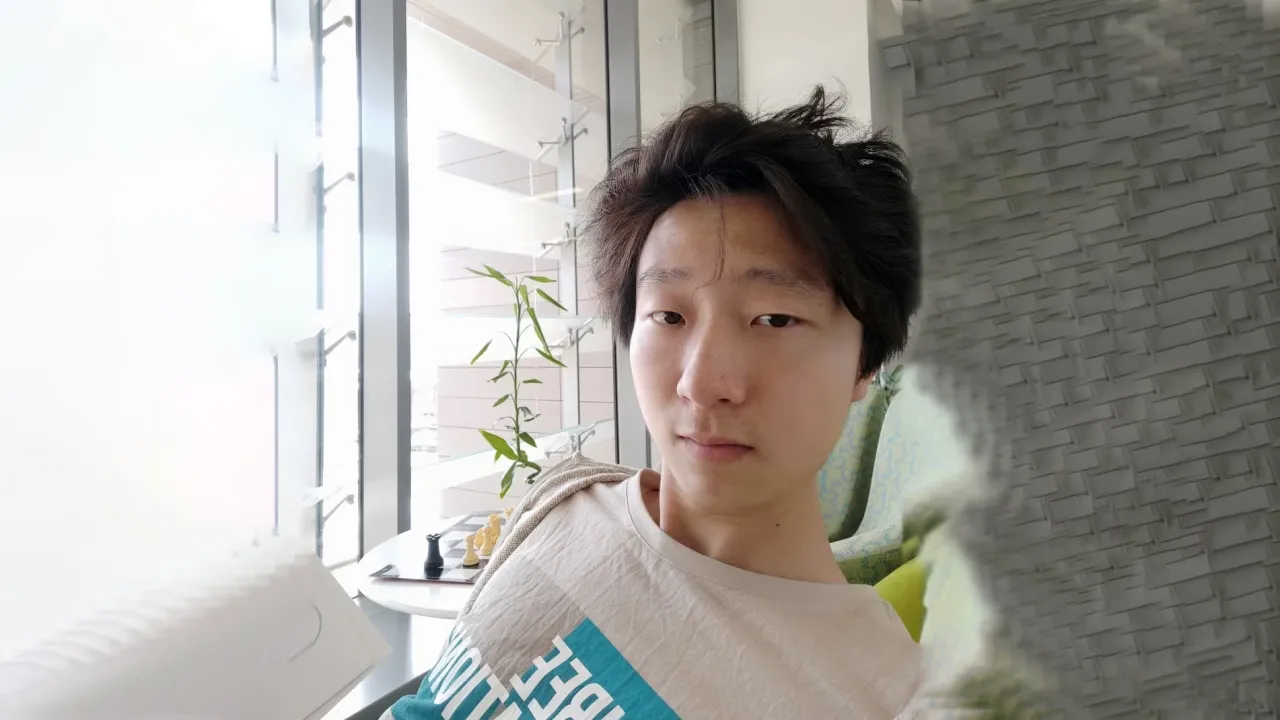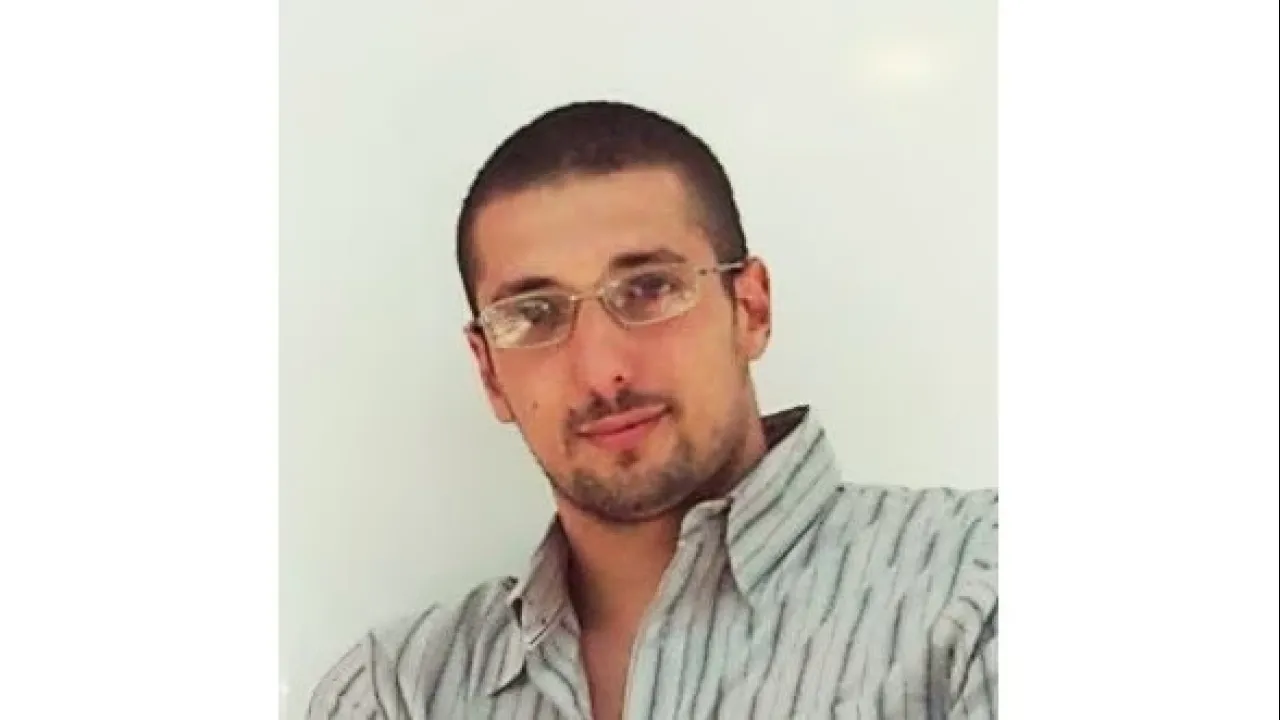Biography
Andrea Fratalocchi is a full professor in the Computer, Electrical and Mathematical Sciences and Engineering (CEMSE) Division at KAUST. He joined the University in January 2011 as an assistant professor and was promoted to associate professor in 2016. He is one of the founders of the CEMSE Division and the principal investigator of the Primalight Lab.
Before joining KAUST, Fratalocchi was a research fellow at Sapienza University of Rome under a KAUST Fellowship Award. From 2007 to 2009, he was a postdoctoral researcher at Sapienza University under a “New Talent” Award from the Enrico Fermi Research Center. He obtained a Master of Science in Electrical Engineering in 2003 and a Ph.D. in Electrical Engineering in 2007 from the University of Roma Tre, Italy.
Fratalocchi’s career is marked by numerous accolades, including the GCC Enterprise Awards for Best Electrical Engineer of the Year in 2017, the Journal of Optics Outstanding Referee Award in 2017, the Nature Exceptional Referee Award in 2015, and an entry into the Guinness World Records for developing the “Darkest Material Made by Mankind” in 2015.
In 2019, he became a Fellow of the Institute of Physics (IOP), a Senior Member of the IEEE, and a Fellow of the Optical Society of America (OSA).
Fratalocchi has authored over 200 publications, including three books and six patents. He ranks in the top 2% of optics researchers worldwide, based on the standardized citation index compiled by PLOS.
Research Interests
Professor Fratalocchi is dedicated to advancing the field of physics and engineering. His research approach harnesses the potential of complex physical systems, characterized by many degrees of freedom, turning them from theoretical challenges into real-world technological solutions with diverse applications.
His research embraces a nonlinear paradigm, departing from traditional "cause and effect" or linear thinking. This approach finds applications in diverse areas such as chaos theory, rare events, brain functions, natural mimicry and camouflage, swarm's cooperative dynamics and intelligence.
Using disorder as a building block, he proposes novel, low-cost, scalable technologies that outperform current systems by several orders of magnitude.
As part of his engineering research, he has developed world-record-performing nanomaterials for concentrating solar power, steam generation, desalination, solar water splitting, solar and chemical fuel production for carbon-negative technologies, artificial intelligence optical neural networks for hyperspectral imaging and sensing, and machine-learning nanomaterials for wave control and bioimaging, including early disease detection of cancer and diabetes.




